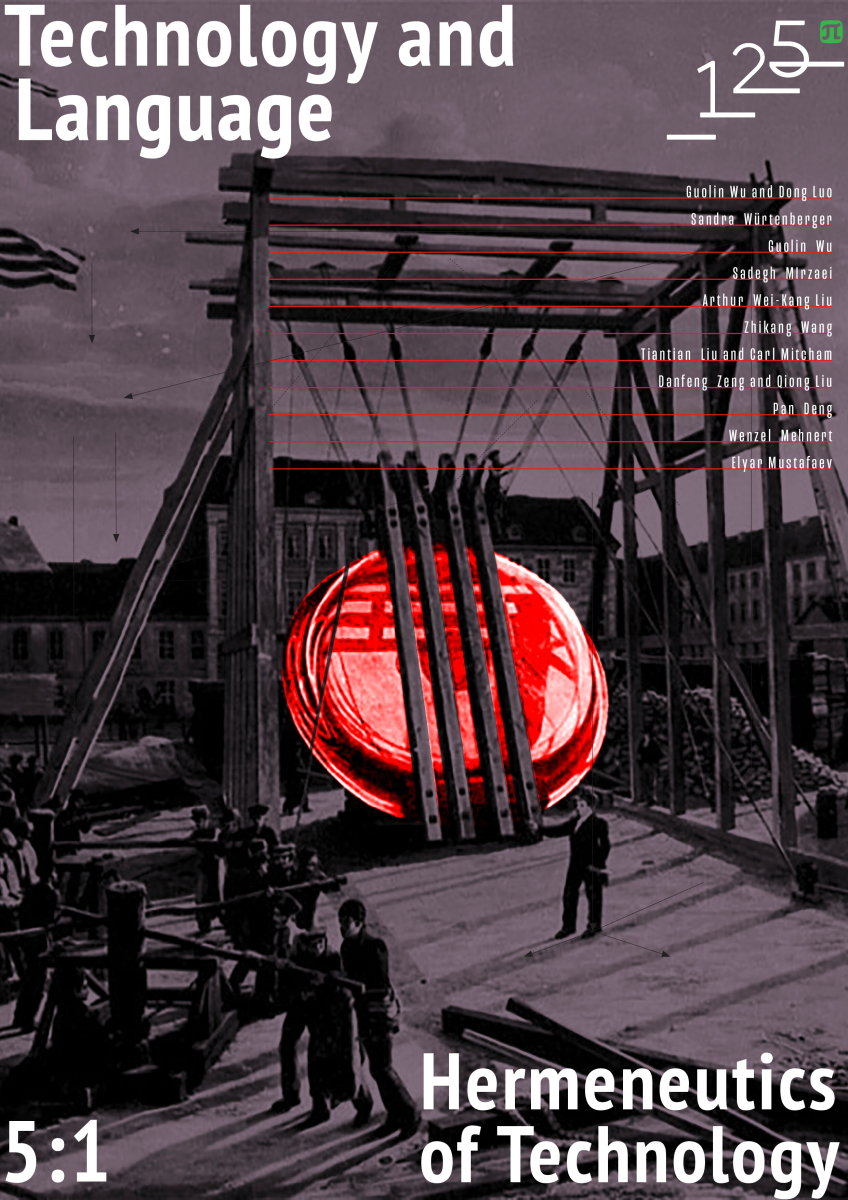Composing and Combining: Opposing Constructive Principles?
The distinction between the constructive principles of combining and composing is discussed in terms of works of art, nature, and technology. How is the work that emerges from these different principles ultimately constituted and perceived as a definable entity and how is this important for the philosophy of technology? In contrast to composition, combining is presented as a strategy to give more importance to the processual, to the various spatial and temporal couplings and decoupling of the components of a work, to their relationship to their surroundings and also to the relatedness of the observer to the work. Gardenworks can stand for principles of combination as well as principles of composition. They are nature-culture hybrid forms, examples are discussed referring to 17th and 18th-century pleasure gardens. The emphasis on the principle of combination in the case of the English landscape garden ultimately produced a model for a sociotechnical handling with nature-culture constellations based on a policy of democratic principles. This combinational play in the garden can also be seen as a suitable heuristic for dealing with the comprehensive transformation processes occurring in the Anthropocene and for practicing corresponding forms of action.



